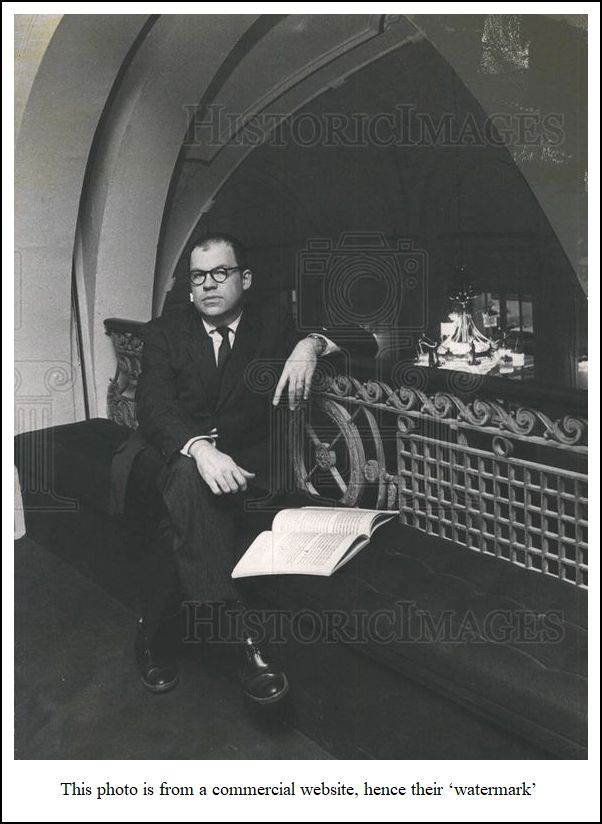

| Robert C(harles) Marsh, American music critic;
b. Columbus, Ohio, Aug. 5, 1924. He took courses in journalism (B.S.,
1945) and philosophy (A.M., 1946) at Northwestern Univ. In 1946–47 he
was a Sage fellow at Cornell Univ., where he received training in theory
from Robert Palmer.
He pursued postgraduate studies at the Univ. of Chicago (1948), and then
studied at Harvard Univ. (Ed.D., 1951), where he also attended Hindemith’s
lectures (1949–50). After attending the Univ. of Oxford (1952–53), he studied
musicology with Thurston Dart and theory of criticism with H.S. Middleton
at the Univ. of Cambridge (1953–56). He taught social sciences at the Univ. of Illinois (1947–49), was a lecturer in the humanities at Chicago City Junior Coll. (1950–51), and asst. prof. of education at the Univ. of Kans. (1951–52). After serving as visiting prof. of education at the State Univ. of N.Y. (1953–54), he taught the humanities at the Univ. of Chicago (1956–58). He was contributing ed. of High Fidelity magazine (1955–66; 1971–77). He served as music critic of the Chicago Sun-Times from 1956 to 1991. In addition to his music reviews and books, he contributed articles on music to various literary and philosophical publications, and wrote liner notes for numerous LPs. His books on music comprise Toscanini and the Art of Orchestral Performance (1956; 2nded., rev., 1962 as Toscanini and the Art of Conducting), The Cleveland Orchestra (1967), Ravinia (1987), James Levine at Ravinia (1993), and Dialogues and Discoveries: James Levine, His Life and His Music (1998). He died in May, 2002. |
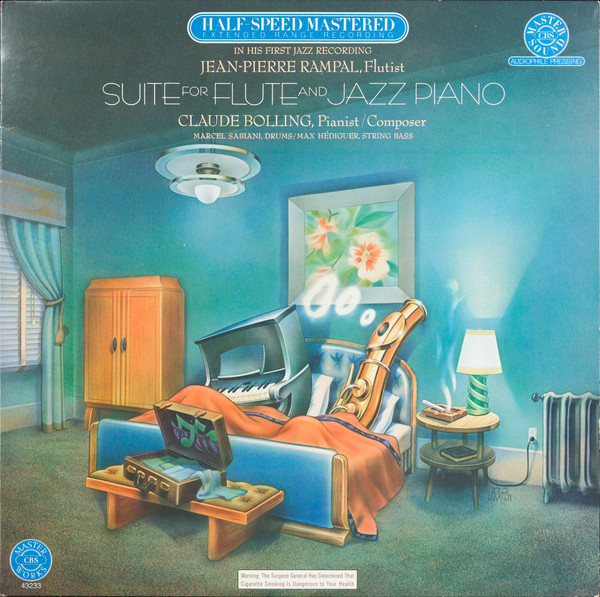
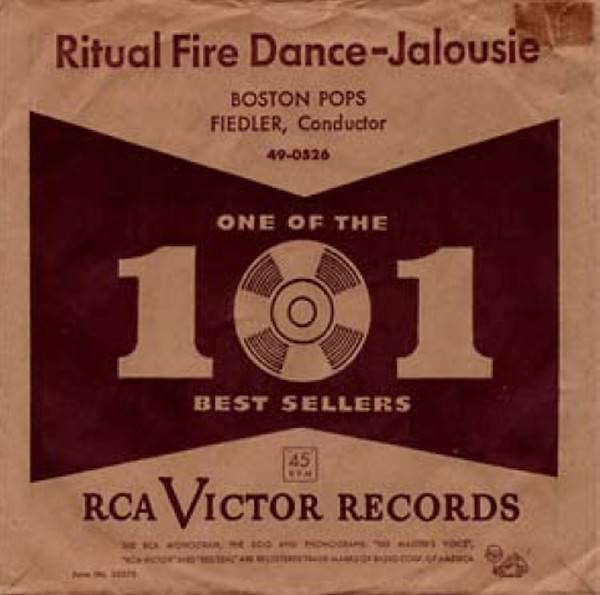
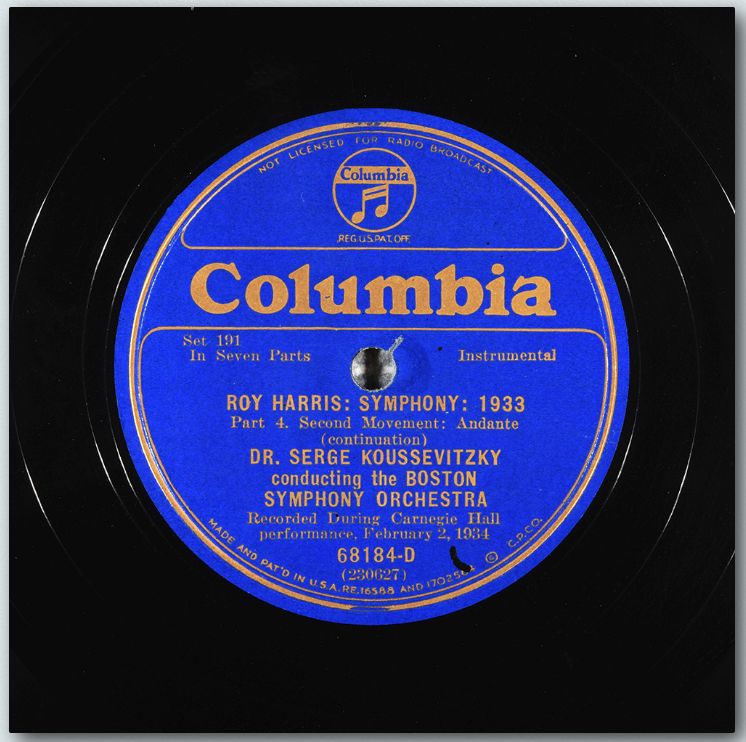
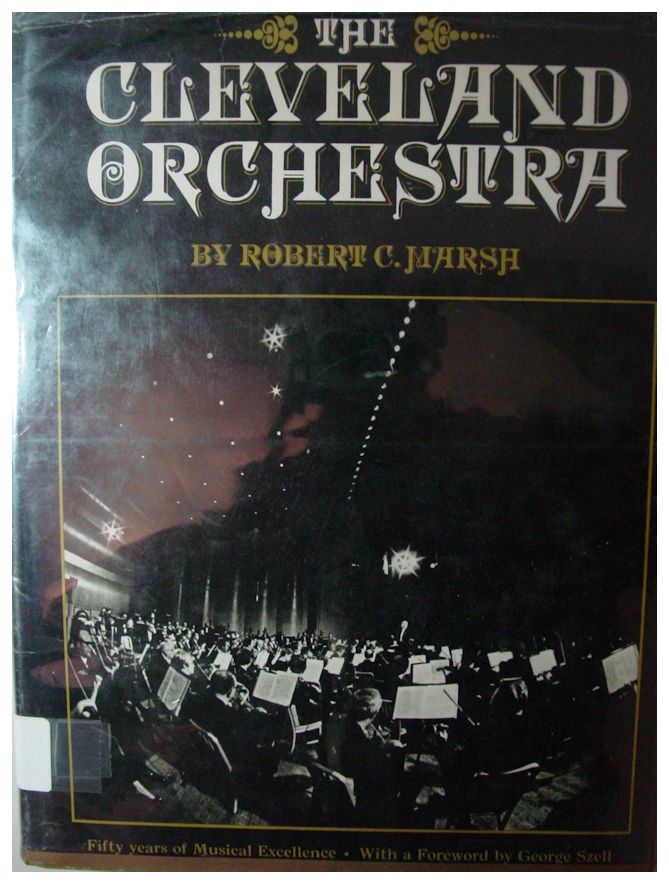
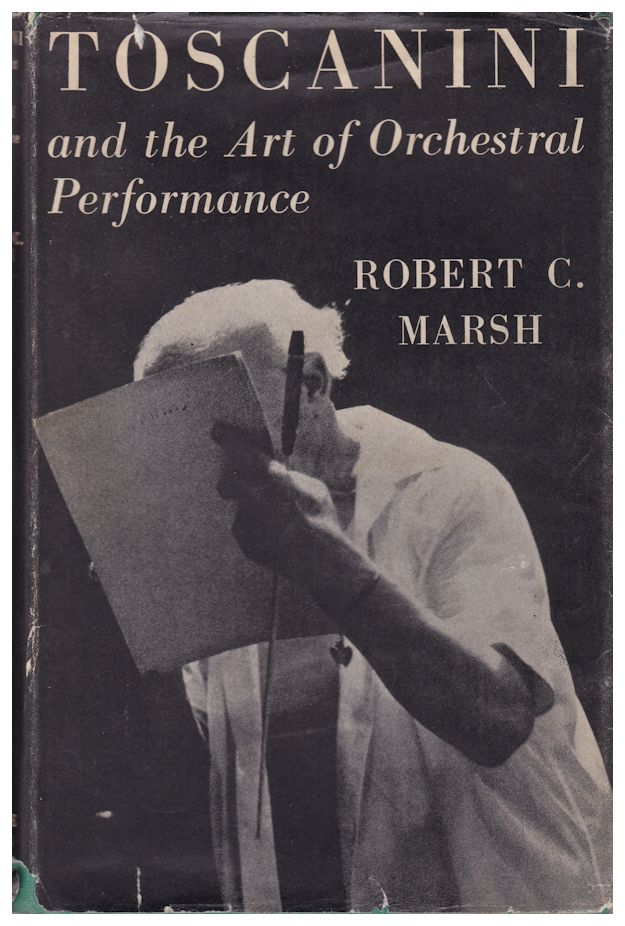
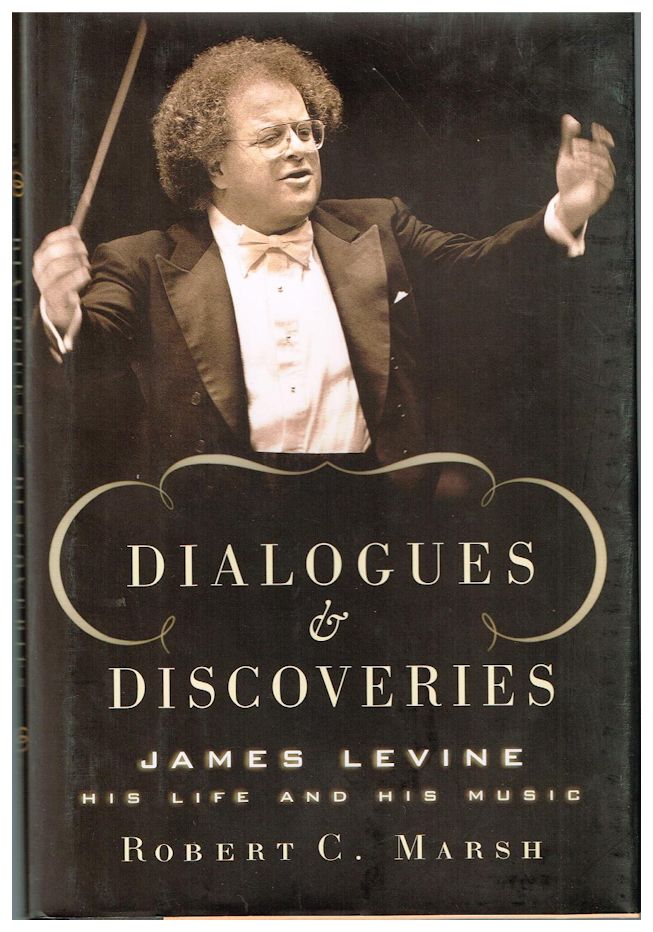
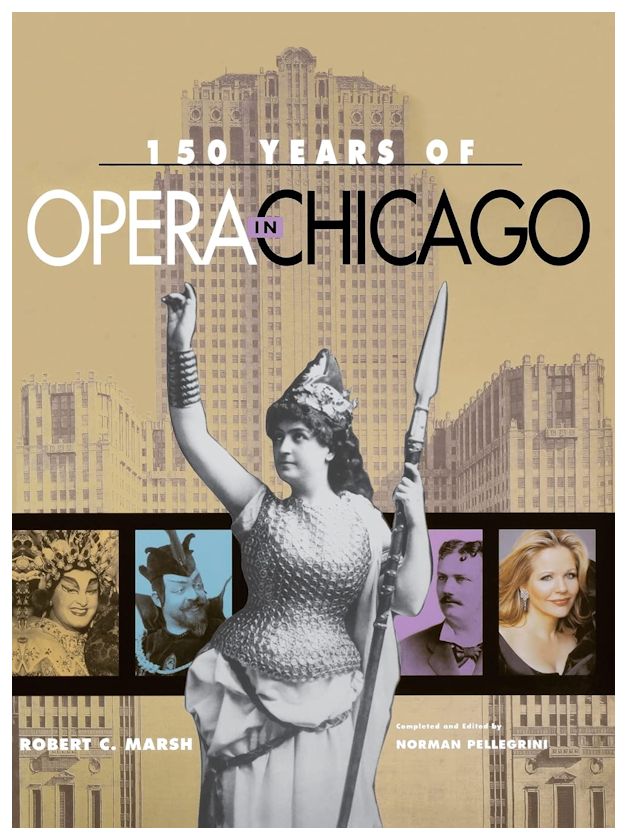
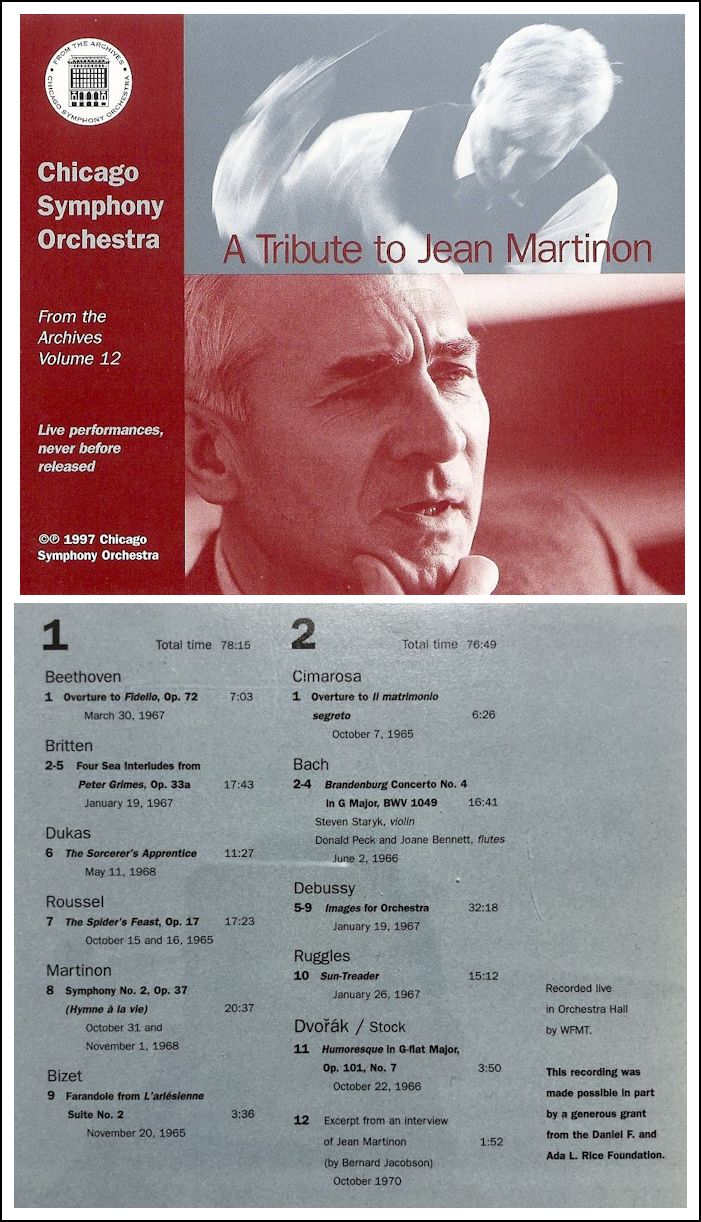
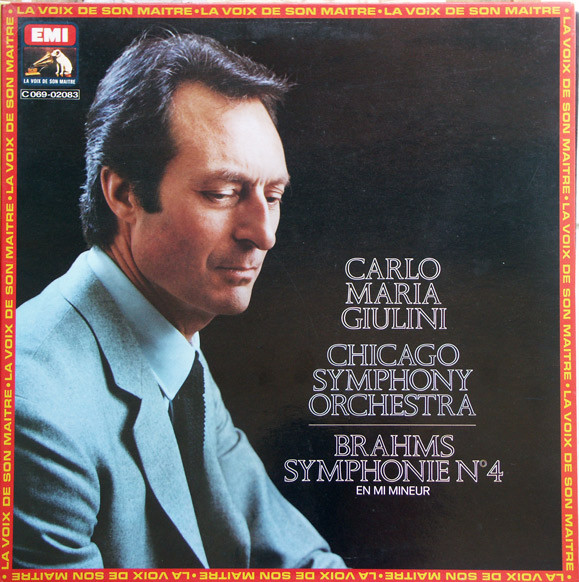
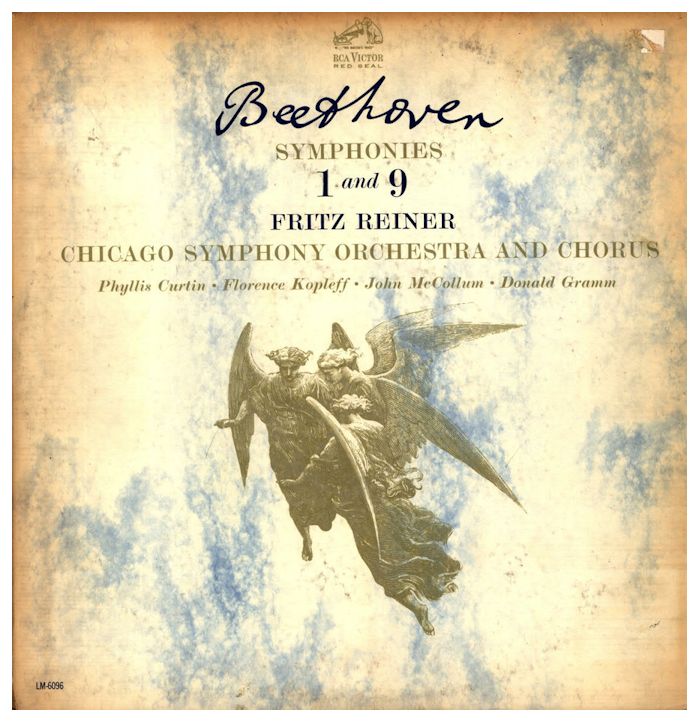
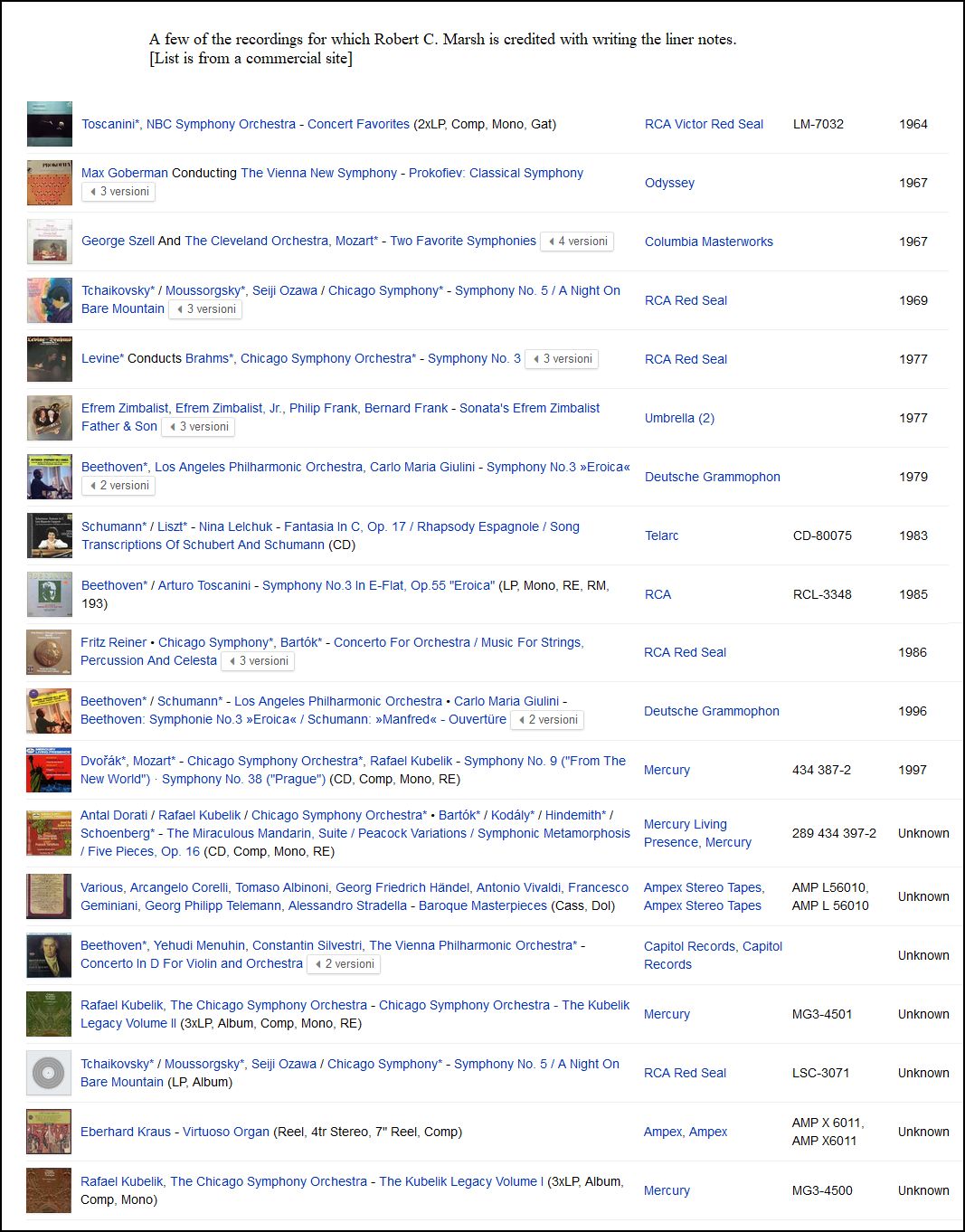
© 1989 Bruce Duffie
This conversation was recorded in the home of Robert C. Marsh on July 11, 1989. Portions were broadcast on WNIB the following month, and again in 1994. This transcription was made in 2022, and posted on this website at that time. My thanks to British soprano Una Barry for her help in preparing this website presentation.
To see a full list (with links) of interviews which have been transcribed and posted on this website, click here. To read my thoughts on editing these interviews for print, as well as a few other interesting observations, click here.
Award - winning broadcaster Bruce Duffie was with WNIB, Classical 97 in Chicago from 1975 until its final moment as a classical station in February of 2001. His interviews have also appeared in various magazines and journals since 1980, and he now continues his broadcast series on WNUR-FM, as well as on Contemporary Classical Internet Radio.
You are invited to visit his website for more information about his work, including selected transcripts of other interviews, plus a full list of his guests. He would also like to call your attention to the photos and information about his grandfather, who was a pioneer in the automotive field more than a century ago. You may also send him E-Mail with comments, questions and suggestions.